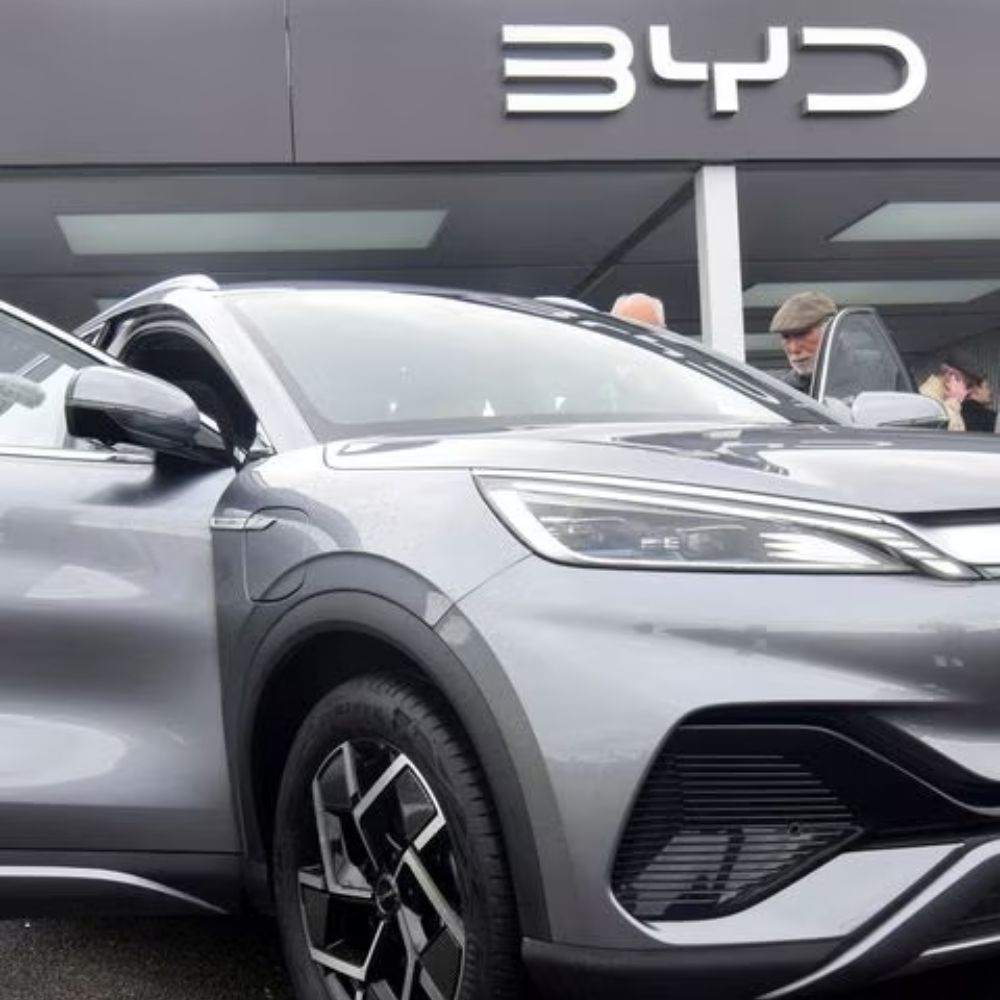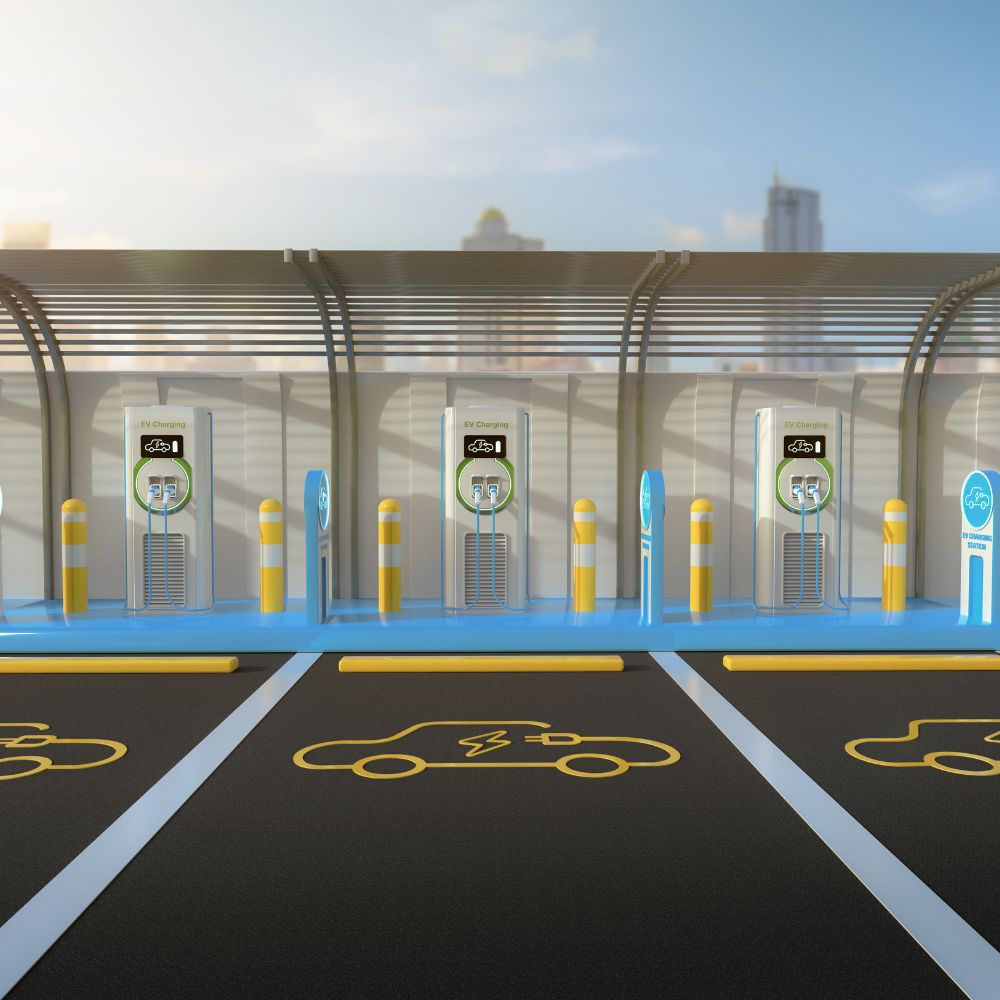In a twist, the Centre has declined the $1 billion proposal put forth by BYD Motors and Megha Engineering to establish an electric vehicle manufacturing facility, in India. The decision is influenced by concerns surrounding investments and the current regulatory framework. As a result, the ambitious joint venture finds itself in territory with its aspirations of producing 10,000 to 15,000 vehicles each year hanging in the balance.
The grand proposal by BYD Motors and Hyderabad-based Megha Engineering and Infrastructures Ltd to establish a massive $1 billion four-wheeler manufacturing facility in India has been flatly rejected by the Centre. This proposed joint venture aimed to spearhead an electric vehicle plant in the bustling city of Hyderabad, with ambitions to churn out a remarkable 10,000-15,000 electric cars annually.
The Department for Promotion of Industry and Internal Trade (DPIIT) sought the opinions of various departments regarding this investment proposal, and it seems that during the deliberations, alarm bells started ringing over potential security concerns with Chinese investments in the country. As a result, the existing regulations governing such investments were deemed incompatible with the proposal, leading to its ultimate rejection. What a twist of fate for these hopeful partners!
Interestingly, BYD, renowned as the world’s largest electric vehicle manufacturer in terms of sales, has already made its mark in India by launching two EV models. Furthermore, it generously offered its technical expertise to Olectra Greentech, a subsidiary of MEIL, in the development of electric buses. Olectra has even managed to bag orders for a staggering 2,000 electric buses worth an astonishing ₹3,000-3,500 crore, scheduled for delivery within the next 12-18 months.
In the backdrop of these unfolding events, it’s crucial to note that India tweaked its foreign direct investment policy back in April 2020. This change mandated government approval for investments originating from countries that share a land-border with India. A committee presided over by the home secretary, was established to evaluate and make decisions on such investment proposals. While the policy does not overtly single out any specific country, it was primarily implemented to safeguard against Chinese companies’ potential acquisitions in India following the tumultuous Covid-19 pandemic.
In fact, the DPIIT is already deeply engaged in scrutinizing Chinese automobile firms that have forged ties with Indian companies. These investigations stem from allegations pointing to some Chinese auto companies allegedly employing proxy Indian partners to front their operations, without any genuine intention of long-term commitment to manufacturing in India.














